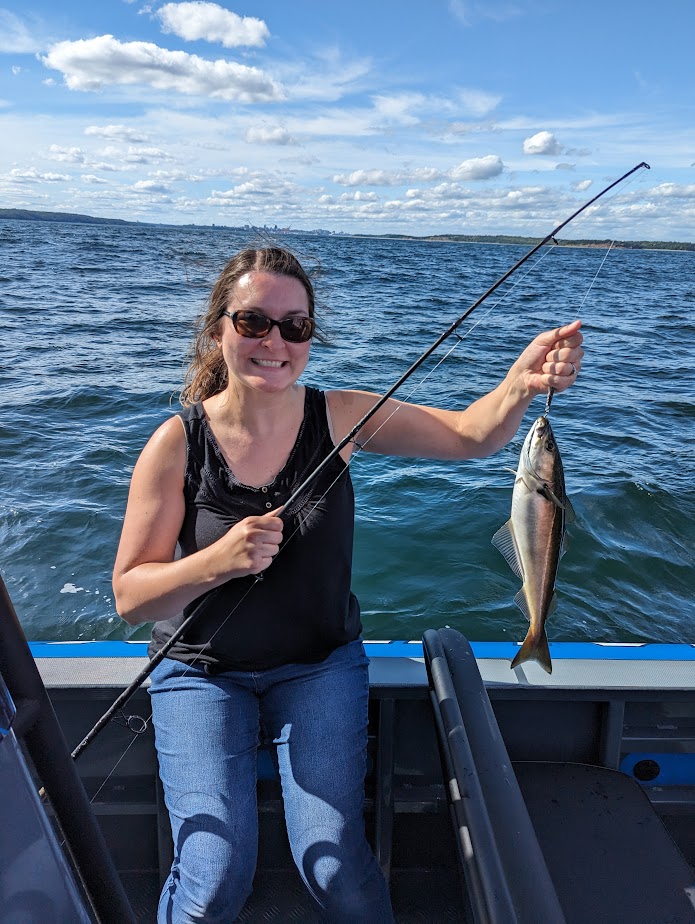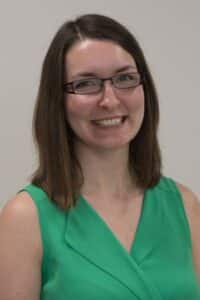DR. REBECCA DIELSCHNEIDER
Associate Professor of Health Sciences, University College
About Rebecca:
Rebecca Dielschneider was born and raised in Halifax, Nova Scotia. She obtained a Bachelor of Science, Honours, with Co-op in Microbiology and Immunology at Dalhousie University. She worked at the National Microbiology Laboratory and Immunovaccine Technologies Incorporated. Rebecca graduated with a Ph.D. in the Department of Immunology from the University of Manitoba in 2016. She was a student leader, won research and presentations awards, and is one of Manitoba’s Future 40 Under 40.
Q: How do you understand the interrelation of science and faith?
Growing up, I never saw a big conflict or divide between science and faith. But I know that some people have a very different experience. Some have grown up and witnessed very antagonistic attitudes toward science. That saddens me, because I don’t think that’s what God intends. As a health researcher, I see health sciences as something that helps us love our neighbours and care for the sick. And I know that my colleagues in Environmental Science view their passion and their gifts the same, as God-given gifts to help us care for creation and to ensure that the next generation can still see the beauty of trees and still have delicious food to eat. I see science and Christian faith working well together, and hopefully the more we can openly discuss those topics, the more we can grow together.
Q: How would you describe your approach to teaching?
My pedagogy has always focused on empowering students and showing empathy. Lately, I’ve explored the literature on educators as “warm demanders” and I find that quite compelling. A successful professor creates a classroom that is both caring and challenging. Some of my courses can be demanding, so creating a kind and compassionate environment helps students to step in instead of stumble. So, I think educators as “warm demanders” really sums up my teaching philosophy.
Q: Why might students want to study science at Providence?
There are many things that make the science program at Providence unique. Our program is interdisciplinary and sustainable. We are committed to pedagogical innovation, creation care, truth and reconciliation, community connections, campus initiatives, and mentorship from our Christian perspective. Our small classes are rigorous, transferable, and recognizable across the province and the country. I think our approach helps students grow in more than just their scientific understanding, but to also grow in faith and in character. Wherever a student wants to go, we likely have the courses that they need to take in order to get there. I’m confident that Providence can give them a strong foundation and help them achieve their goals. Many of our science students have already gone on to great careers or have gained entry into competitive professional programs.

Q: What is a benefit of Providence being rurally located?
Not only do we have great classrooms in our academic buildings, but we also have wonderful outdoor learning spaces including a river, forest, and agricultural land. We have so much space for our students to explore. I find our campus to be a really peaceful place.
Q: What activities give you life or joy?
When I think about my “happy place,” I often think of work. I love teaching; I love what I do. The classroom is one of my happy places. But outside of work, I’ve become quite excited about curling and I recently took up fishing. I also enjoy spending time with my family – taking the kids out to the park or relaxing at the lake.

